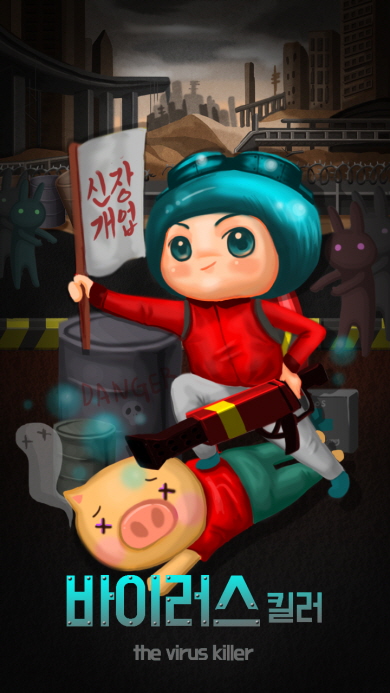
Avid students participate in the development of e-Sports
As the advancement of the Korean e-Sports industry is accelerating, university students have become one of the core axes of the field. Especially as one of the first generations to have grown up with the term "e-Sports," university students have taken on the roles of being the consumer and the producer with their profound knowledge of the industry.
The e-Sports Collegiate Club Association (ECCA), an intercollegiate gaming club, is just one example of how Korean university students are actively participating as consumers in e-Sports. Founded by KAIST student Yoon Duk-jin in late 2013, ECCA has grown exponentially, with an estimate of 1,000 active students from 20 university gaming clubs from KAIST, Seoul National, Ewha Womans University and more. Among them, about 40 members in the committee actively organize and manage various matches and events.
ECCA aims to improve and develop the e-Sports culture in Korea. They believe that in order to enhance the gaming culture of Korea and nurture more amatuer gamers, our community, especially university students must come together to help shape and build the gaming industry.
“With the influx of virtual reality in the industry, I believe that this experience-based, comprehensive form of entertainment can enrich our lives and human interactions,” Yoon said. “Especially with such interactive technology, gaming can become a means of education and other functions.”
In contribution to the growing e-Sports economy, Yoon’s goal for ECCA is to maximize interaction between the universities within the organization.
As for his personal goals, he aspires for a future where international muti-sports, like the Universiade hosted e-Sports competitions.
On the other hand, university students are contributing to the Korean gaming industry as producer in Bridge. Bridge is Korea’s first Seoul, Gyeonggi-do joint game development club. Their motto, “NO.1 GAME MAKER,” stands strong with 50 members, who develop several games of different genres every semester.
“We aim to produce new games combined with market value,” said Ahn Si-hyung, the head of Bridge. “We always keep an eye on other successful games of same genre.”
With notable achievements and awards in hand, including ones granted by the Ministry of Science,
ICT and Future Planning and the game academy Skill Tree Lab, Bridge continues to put forth new games. This semester, there are six on-going projects for new game developments.
This March, Bridge had more than 150 applicants who wanted to become part of their growing team. Most of them were passionate students with an interest in game development, but had no idea as to where or how to start.
“I personally think that for the continuous growth of the game industry, university e-Sports clubs like ours must prosper,” Ahn said. “In the same context, I believe that clubs like Bridge are doing good. We are acting as an hub for university students who want to contribute to the game industry.”

